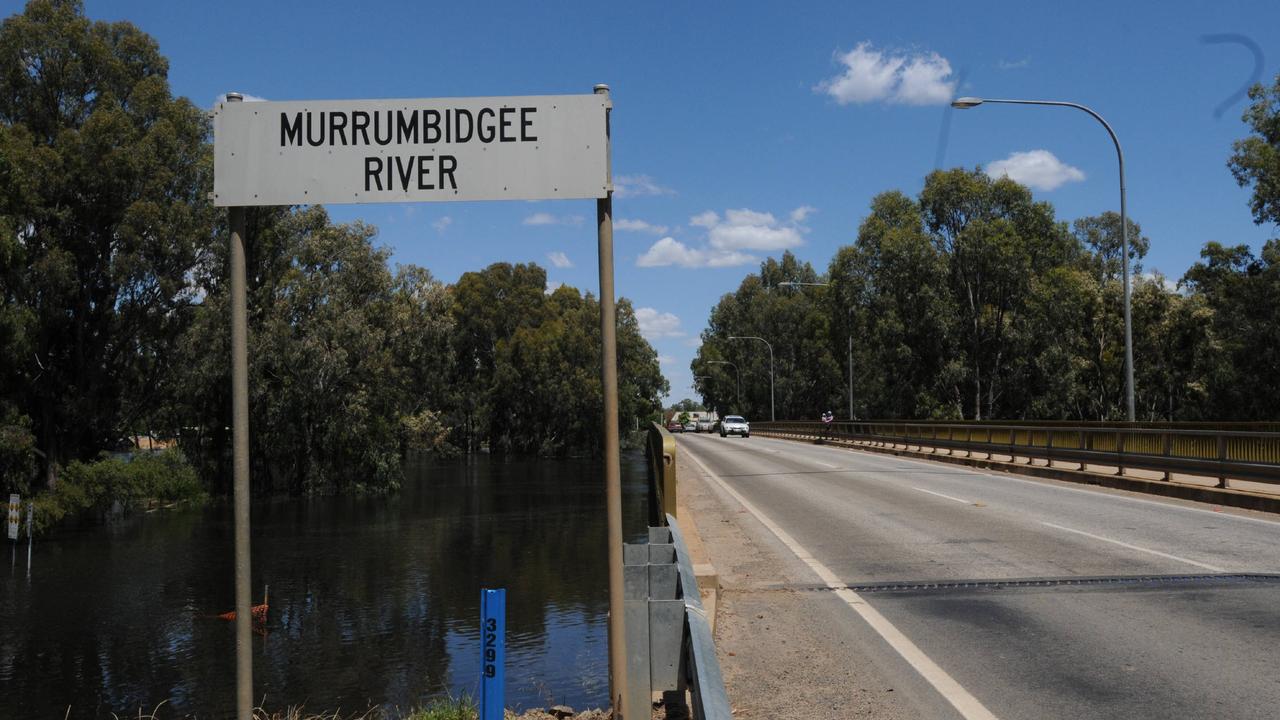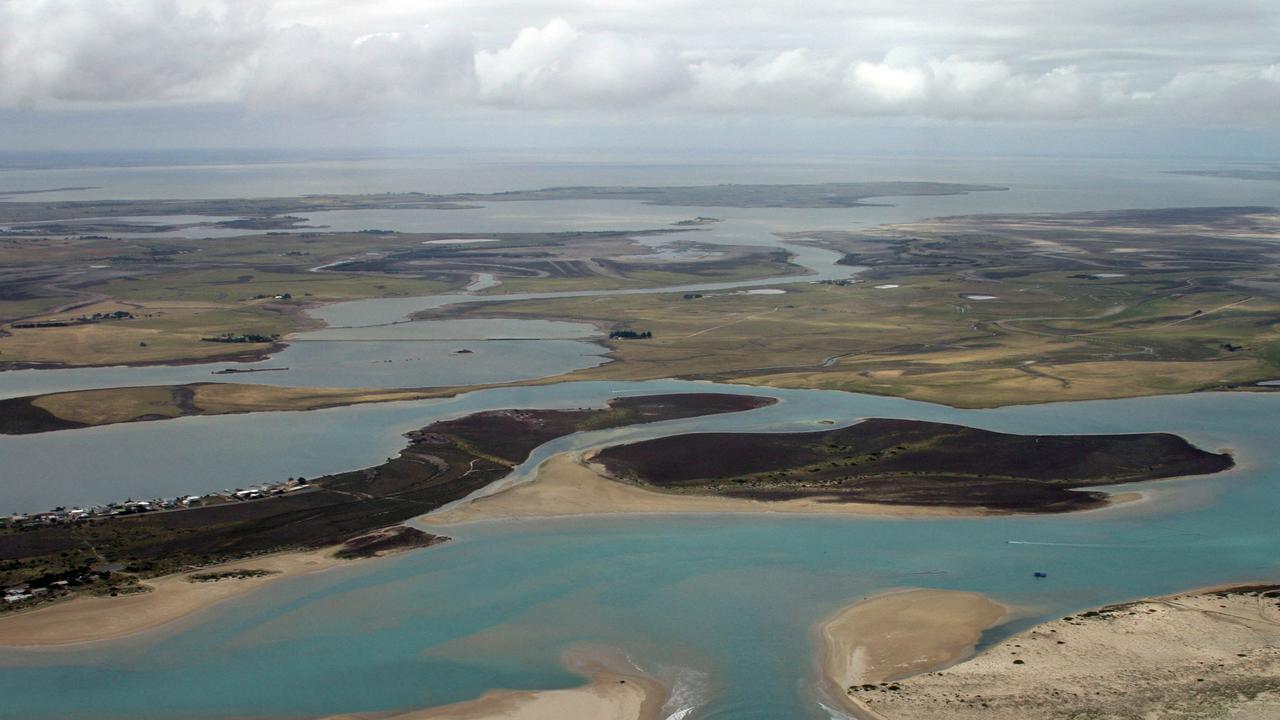Water brokers flush out irrigators by using tech to monopolise trade
Corporate irrigators and their water brokers are using high-speed broadband and sophisticated software to beat the mob on lucrative inter-valley trades.

IT’S a battle of who’s got the quickest broadband speeds and most sophisticated software in the fight to get water through the three biggest trade barriers in the Southern Murray Darling Basin — the Barmah Choke, Murrumbidgee and Goulburn valleys.
The competition is so fierce that ordinary irrigators are locked out of trading water directly through the choke or making inter-valley transfers, relying instead on brokers to pool trades and ram them through as they open for just milliseconds before the limit is reached once again.
Irrigators have repeatedly called for a more equitable trading platform, such as a 24-hour ballot, after exposing examples of brokers using website monitoring software and high-speed broadband connection to beat the rest on IVT trades.
In March last year The Weekly Times revealed a tech-savvy speculator who admitted using sophisticated software to beat his rivals in the battle to get water through the Murray River’s Barmah Choke, allowing him to squeeze $200-$300 of profit out of each megalitre he got through.
The Weekly Times understands the speculator has since moved on, but in so doing sold his software trading package to at least four brokers.
The software can be used to monitor the Murray Darling Basin Authority’s Barmah-Choke trade balance website and immediately lodge downstream trades through the Victorian broker portal as soon as trade opens, as well as on the Goulburn IVT.
Meanwhile irrigators are forced to manually enter their credit card details to conduct trades, by which time the trade limit on the choke and IVTs has been reached.
Victorian Farmers Federation water council chairman Richard Anderson said it was time for ministers on both sides of the Murray to delivered a fairer system.
“A ballot is the only fair way to do it, giving everyone 24 hours to lodge their application,” Mr Anderson said.
Victorian Water Minister Lisa Neville said the current automated electronic systems had been developed because “people want faster, cheaper transactions and we are seeing successful trade applications come from a variety of market participants, including brokers and other market participants”.
“However the last thing we want is for hard working farmers to be disadvantaged because they can’t sit at a computer all day.”
NSW Minister Melinda Pavey’s office ducked the issue, simply stating the Australian Competition and Consumer Commission was looking into the issue as part of its water market review.
Even water brokers H2OX and Paul Smith want change, arguing a random ballot or auction would be far fairer.
But Australian Water Brokers Association president Ben Williams said an auction ran the risk of irrigators “crying foul because one party had deeper pockets than others”.
“You could go back to a ballot system as a random and ultimately fairer system, but it may have unintended consequences.”


